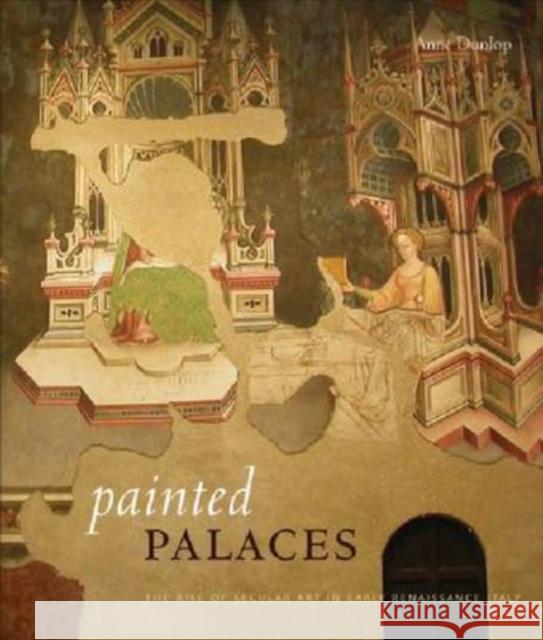Painted Palaces: The Rise of Secular Art in Early Renaissance Italy » książka
Painted Palaces: The Rise of Secular Art in Early Renaissance Italy
ISBN-13: 9780271034089 / Angielski / Twarda / 2009 / 340 str.
The emergence of the modern Western artwork is sometimes cast as a slow process of secularization, with the devotional charge of images giving way in the fifteenth and sixteenth centuries to a focus on the beauty and innovation of the artwork itself. Our understanding of art in this pivotal age is badly distorted, focused almost exclusively on religious and civic images. Even many Renaissance specialists believe that little secular painting survives from before the late fifteenth century, and its appearance becomes a further argument for the secularizing of art. This book asks how history changes when a longer record of secular art is explored. It is the first study, in any language, of the decoration of Italian palaces and homes between 1300 and the mid-Quattrocento, and it argues that early secular painting was crucial to the development of modern ideas of art. Of the cycles discussed, some have been studied and published, but most are essentially unknown. A first aim is to enrich our understanding of the early Renaissance by introducing a whole corpus of secular painting that has been too long overlooked. Yet Painted Palaces is not a study of iconography. In examining the prehistory of painted rooms like Mantegna's Camera Picta, the larger goal is to rethink the history of early Renaissance art.











